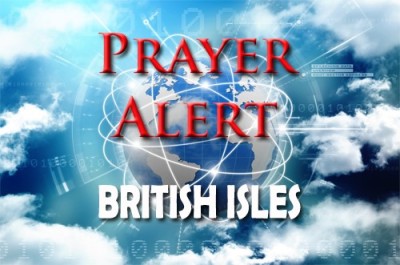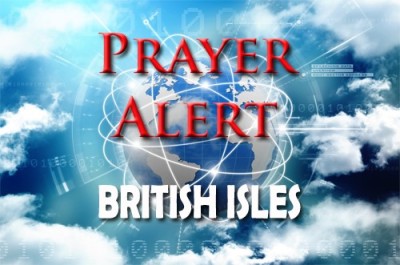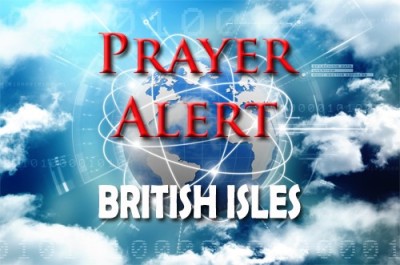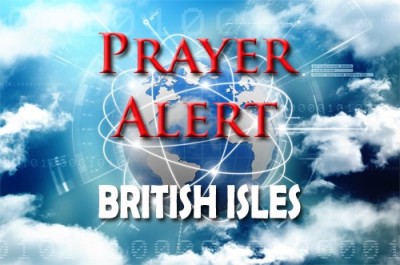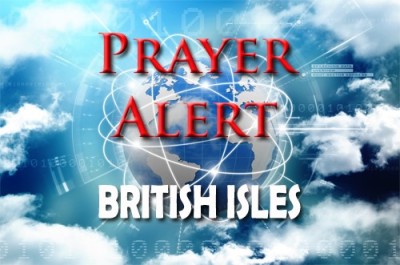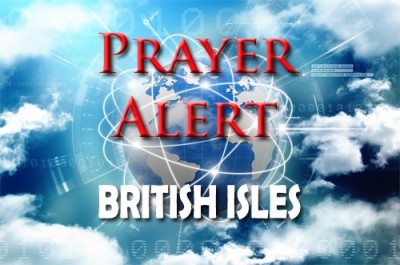The Government has unveiled significant reforms to the children’s social care system to prioritise early intervention, tackle profiteering in care provision, and improve outcomes for vulnerable children. Spending on looked-after children has surged from £3.1 billion in 2009/10 to £7 billion in 2022/23, while private care providers have been criticised for substandard care and excessive profits (as much as 23% in some cases). Key reforms include granting Ofsted new powers to fine exploitative care providers, requiring financial transparency from large placement providers, and capping profits if necessary. Local councils will be mandated to create multi-agency safeguarding teams and extend support to care leavers up to age 21 through the Staying Close programme. The reforms also aim to shift focus to early intervention, ensuring families are involved in decisions about their children. Education secretary Bridget Phillipson said that these changes aim to end the neglect within the system and give every child a chance to thrive.
Ukraine fires UK-supplied missiles at Russia
22 Nov 2024Ukraine has reportedly used British-supplied Storm Shadow missiles to strike targets in Russia's Kursk region. These long-range missiles, capable of striking targets nearly 200 miles away, mark a significant escalation in Ukraine's defence capabilities. The missiles were supplied under a policy shift allowing the use of British and US military equipment within Russian territory. However, experts warn their impact may be limited due to Ukraine's small stockpile. Military analysts suggest the missiles have already been used for strategic strikes on logistics hubs and ammunition depots. Meanwhile, tensions escalate as Russia lowered its threshold for using nuclear weapons following the US's similar policy shift. Critics fear this could spark wider conflict. On the one thousandth day of Putin’s invasion, the UK announced extra support for Ukraine with funding to provide new drone capabilities. See also and Europe article ‘Biden’s decision on missiles’.
Inflation creeps above UK target
22 Nov 2024UK inflation rose by more than expected to 2.3% for October, exceeding the official 2% target. This rise, up from 1.7% in September, reflects increased energy costs following a 10% hike in the energy price cap and higher prices for food and products like stamps. This news comes amid concerns about inflationary pressures, potentially influenced by global factors such as Donald Trump’s trade policies. The Bank of England’s monetary policy committee (MPC) will weigh these figures in December to decide whether to adjust interest rates further. In early November, the MPC cut the base rate to 4.75%. Additional government spending and tax adjustments from chancellor Rachel Reeves' recent budget may also drive up short-term inflation. One commentator thinks that the impact of Trump’s policies will likely have limited effects on UK GDP and inflation, even under extreme scenarios. Analysts predict the UK base rate could drop to 3.75% by late 2025.
Ford plans to eliminate 800 jobs in the UK as part of a broader restructuring of its European operations, citing 'lower-than-expected' demand for electric vehicles (EVs). Ford has to meet the Government's zero-emission vehicle (ZEV) mandate, which requires 22% of car production to be zero-emission in 2024, rising to 80% by 2030. A ban on new petrol and diesel car sales will follow that year, with hybrids allowed until 2035. The financial penalties for exceeding non-ZEV limits - £15,000 per car - are adding pressure on manufacturers. Ford's EV chief had already warned of challenges in meeting these targets; and now workforce reductions have become part of the response. The cuts are part of 4,000 job losses across Europe, including significant layoffs in Germany. Ford's European vice president said that the decision is aimed at securing the company’s future competitiveness in the region.
Journalists strike over planned sale of Observer
22 Nov 2024Journalists at The Guardian and The Observer will stage two 48-hour strikes in December to protest the proposed sale of The Observer to Tortoise Media. The National Union of Journalists (NUJ) announced the industrial action after members overwhelmingly voted in favour of striking. The NUJ has criticised the Guardian Media Group (GMG) for acting in 'poor faith’, revealing during negotiations that the sale recommendation had already been agreed upon despite earlier assurances to the contrary. The NUJ general secretary said that members had no choice but to act in defence of The Observer’s heritage and its commitment to public-interest journalism. A Guardian spokesperson acknowledged the concerns but defended their approach, stating that talks with the NUJ continue and emphasising their priority to sustain liberal journalism amidst a challenging media landscape. The union insists GMG must pause the sale and address journalists' and readers' concerns.
The UK has surged to third place globally in the Climate Change Performance Index, up from eighth last year. Experts at the COP29 conference in Baku attribute this leap to Labour’s plans to ban new oil and gas projects, promote onshore wind turbines, and close the country’s last coal power station. Britain now trails only Denmark and the Netherlands, with analysts calling it a 'winner this year’. The NewClimate Institute praised Labour leader Keir Starmer's commitment to an 81% emissions cut by 2035. Meanwhile, energy secretary Ed Miliband has played a pivotal role at COP29, urging nations to halt new coal power projects and building alliances with countries like Brazil. Despite the UK's progress, challenges remain as the success of COP29 hinges on a finalised climate finance plan for developing nations. Britain’s tangible influence at the conference has revitalised its global leadership on climate change, with hopes high for lasting impact.
Joe Biden’s long-awaited decision to allow Ukraine to use American missiles against Russian territory comes amid significant Russian territorial gains in 2024. One study shows that Russia has captured nearly 2,700 sq km of Ukrainian land this year - six times its 2023 gains. This aggressive push has strained Ukraine’s defences, despite Kyiv’s efforts to repel attacks. The destruction is immense, and Ukraine’s stretched defensive lines are increasingly vulnerable. The surprise incursion into Russia’s Kursk region initially boosted morale but is now faltering, with Russian forces reclaiming nearly 50% of lost territory. Analysts suggest that the incursion may have led to a broader strategic miscalculation, tying down its best troops and advanced equipment without significantly slowing Russia’s eastern advances. Meanwhile, the approaching second Trump administration casts uncertainty over US military support for Ukraine, raising fears of reduced aid as the war continues.
Greece: nationwide general strike
22 Nov 2024On 20 November a nationwide general strike disrupted Greece as workers demanded better pay and improved living standards. Doctors, teachers, transport workers, and trade union members were among those who joined the protest. In Athens, demonstrators chanted for workers' rights and decried the high cost of living, with inflation in energy, food, and housing outpacing salary increases. The strike reflects frustration over the lingering effects of Greece’s 2009–2018 debt crisis, which required severe wage and pension cuts in exchange for €280 billion in bailouts. Though the economy has rebounded, wages remain low compared to the EU average, and many workers report a 50% reduction in purchasing power. The government has raised the minimum wage four times, now at €830, with a target of €950 by 2027, but protesters argue these measures fall short. The strike coincides with the submission of Greece's 2025 budget, which includes plans for modest economic growth and increased spending on wages and pensions.
